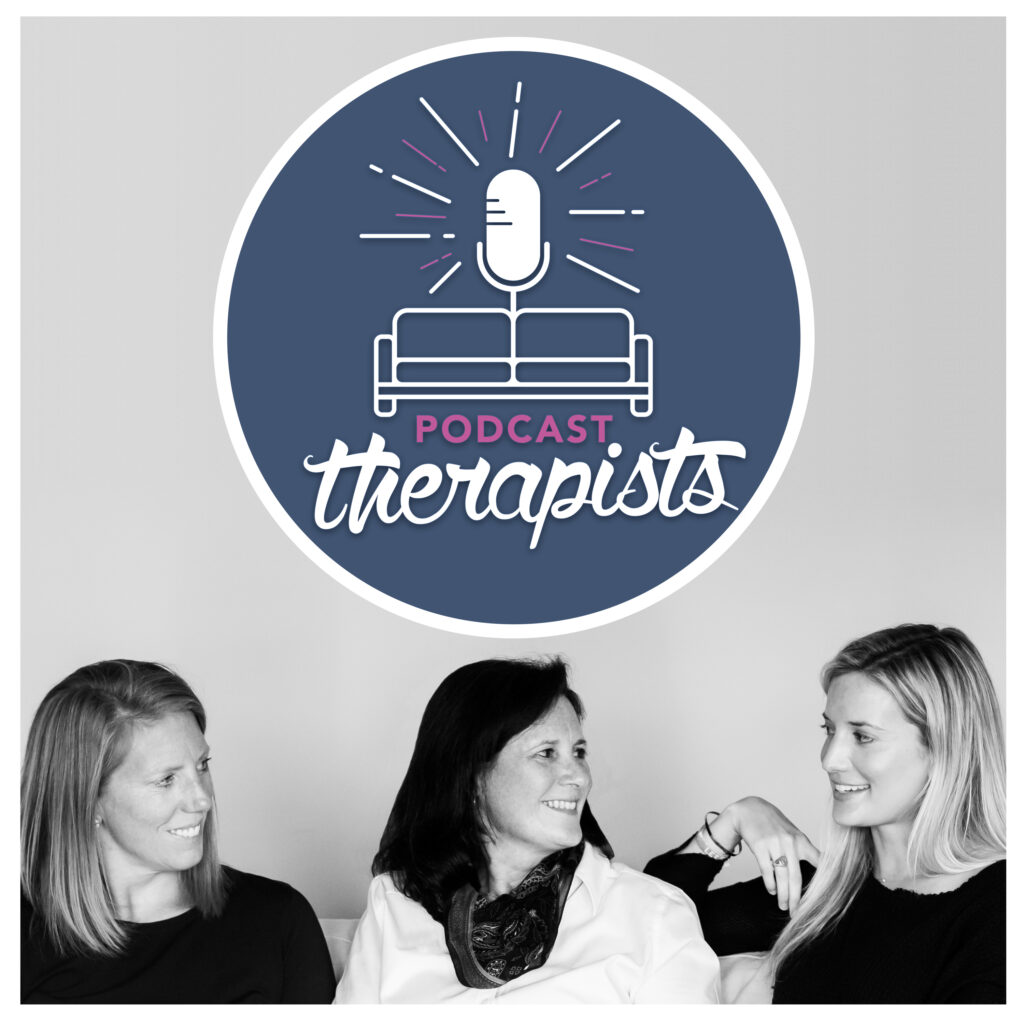Gender Diversity in Tweens With Oak Reed, Ph.D.

It’s a subject our kids are more knowledgeable and open-minded about than most of us adults are… Today we’re talking gender diversity.
Gender Identity develops around the age of 2-3, if not earlier. We’re observing others, we learn gender norms from society and our culture. We might not remember it as adults, but we too went through this development a long time ago.
Oak Reed (Ph.D.) joined us on his very first day at Virginia Family Therapy to share his expertise around gender diversity. We discuss young children, tweens, and teens but let’s start at the beginning:
Even in our young child’s play, we can find signs of possible gender dysphoria. (Don’t worry if these terms are new to you. We discuss them in the episode!) What you want to pay attention to is the persistence and consistency in the child’s play. Think about playing roles of the other gender, or consistently playing with toys that are ‘gender stereotyped’ for the other gender. When this is a common theme you want to lean in with your eyes, ears, and language of asking more questions.
Providing that unconditional positive regard and unconditional love and support, that’s what’s gonna be the most important.
Oak Reed
Oak is very knowledgeable, he’s warm, smart and exceptionally helpful for colleagues and parents alike. So, hop on and have a listen to today’s episode! And don’t forget to let us know what you think on Facebook or Instagram!
More about Oak Reed, Ph.D.
Oak is a clinical psychologist who specializes in adolescents and adults struggling with anxiety, depression, ADHD, health concerns, and gender-diverse individuals. He is a great resource for families who are adjusting to a new medical diagnosis as well as families working towards understanding their child’s gender identity. And he also has after-school appointments available! You can reach Oak directly by emailing him at oreed@virginiafamilytherapy.com or calling our main line at 434 202 4080.
More about Virginia Family Therapy
Virginia Family Therapy is a mental health practice serving individuals, families, and our community. VFT is designed to help people at all stages and from all walks of life by offering therapists and physicians with diverse backgrounds and specialties via face-to-face, walk-and-talk, and telemedicine appointments. Throughout, we are committed to developing strengths-based, authentic, and long-lasting relationships with you and your children. We hope to provide you with the support and insight you need to help your family navigate life’s hard times and joys.
Contact us here.
In this episode on gender diversity in tweens, we cover:
- What is gender diversity? And what do gender dysphoria and the gender spectrum mean?;
- The difference between sex and gender;
- Recognising gender dysphoria in kids, tweens and teens;
- How can you as a parent be the most helpful in responding when your child is exploring different gender identities?;
- How to distinguish gender dysphoria from going through puberty;
- Ways to open up the conversation with your child;
- Dealing with your own fears as a parent;
- And much more.
Resources and links mentioned in this episode
- Are you or your child struggling with mental health? We have a team of psychologists and psychiatrists who can help you out. Don’t hesitate to contact us here.
- We’d love to hear your feedback on our podcast. Why not leave us a review on Apple Podcasts?
- You can reach Oak by sending him an email at oreed@virginiafamilytherapy.com or calling our main line at 434 202 4080.
- Connect with us on Facebook or Instagram or send us an email on podcasttherapists@gmail.com.
- We’ve got a bunch of episodes out for you to binge listen! Maybe you’re interested in our episode on how to respond when your child is coming out to you (LGBTQ)?
Disclaimer: Please remember we are real live therapists, however this is a podcast and is not considered a therapy session. Not only because there is no co-pay but also because we can’t speak to your individual experiences. We are here to help you keep raising healthy kids. And remember, if you are an imperfect parent, we are right there with you. If you or someone you love is in immediate danger, please call your local crisis hotline or go to your nearest emergency room.
